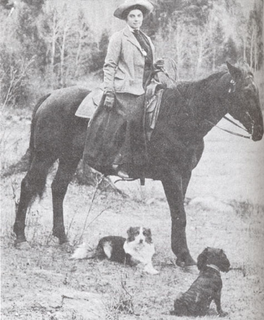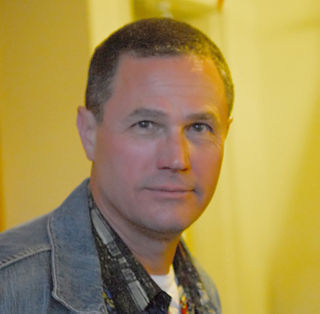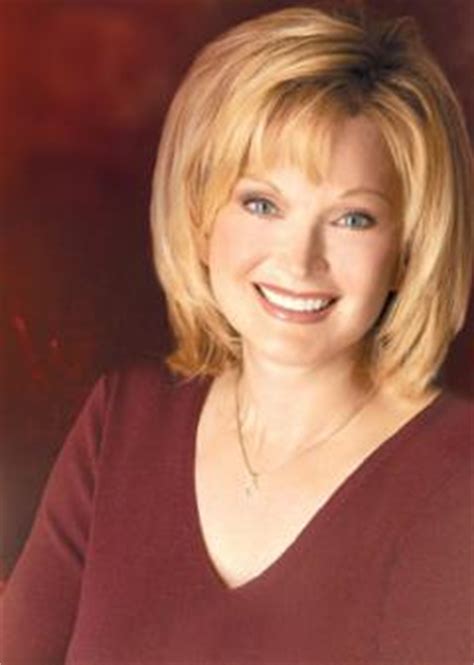A Quote by Emily Carr
I can rise above the humility of my failure with an intense desire to search deeper and a blind faith that some day my sight may pierce through the veils that hide. I know God's face is there if I keep my gaze steady enough.
Related Quotes
That intense faith in another world, that intense hatred for this world, that intense power of renunciation, that intense faith in God, that intense faith in the immortal soul, is in you. I challenge anyone to give it up. You cannot. You may try to impose upon me by becoming materialists, by talking materialism for a few months, but I know what you are; if I take you by the hand, back you come as good theists as ever were born. How can you change your nature?
Through the practice of devotion to God, I was coming to learn that preserving loving relations in this world required much forgiveness, tolerance, patience, gratitude, and humility. An essential virtue of humility is to accept others for what they are, despite differences. I contemplated again how the tendency to judge others is often a symptom of insecurity, immaturity, or selfishness, and I yearned to rise above it. Everyone is a child of God. God loves all of His children. If I wish to love God, I must learn to love those whom He loves.
In explaining the growth of his faith, psychiatrist Gerald May writes, "I know that God is loving and that God’s loving is trustworthy. I know this directly, through the experience of my life. There have been plenty of times of doubt, especially when I used to believe that trusting God's goodness meant I would not be hurt. But having been hurt quite a bit, I know God's goodness goes deeper than all pleasure and pain it embraces them both." Ruthless Trust, pg 22
We always think, 'Well, for a person who's blind, it must be an amazing, joyful miracle if by some chance their sight is restored to them.' Now, this may be true for blind people who lost their vision at a later age. It's rarely true for people who were born blind or who go blind at a very young age.
It was meant to be that life would be a challenge. To suffer some anxiety, some depression, some disappointment, even some failure is normal. Teach our members that if they have a good, miserable day once in a while, or several in a row, to stand steady and face them. Things will straighten out. There is great purpose in our struggle in life.
Every issue of the paper presents an opportunity and a duty to say something courageous and true; to rise above the mediocre and conventional; to say something that will command the respect of the intelligent, the educated, the independent part of the community; to rise above fear of partisanship and fear of popular prejudice. I would rather have one article a day of this sort; and these ten or twenty lines might readily represent a whole day's hard work in the way of concentrated, intense thinking and revision, polish of style, weighing of words.
God expects you to have enough faith and determination and enough trust in Him to keep moving, keep living, keep rejoicing. In fact, He expects you not simply to face the future (that sounds pretty grim and stoic); He expects you to embrace and shape the future--to love it and rejoice in it and delight in your opportunities. God is anxiously waiting for the chance to answer your prayers and fulfill your dreams, just as He always has. But He can't if you don't pray, and He can't if you don't dream. In short, He can't if you don't believe.







































